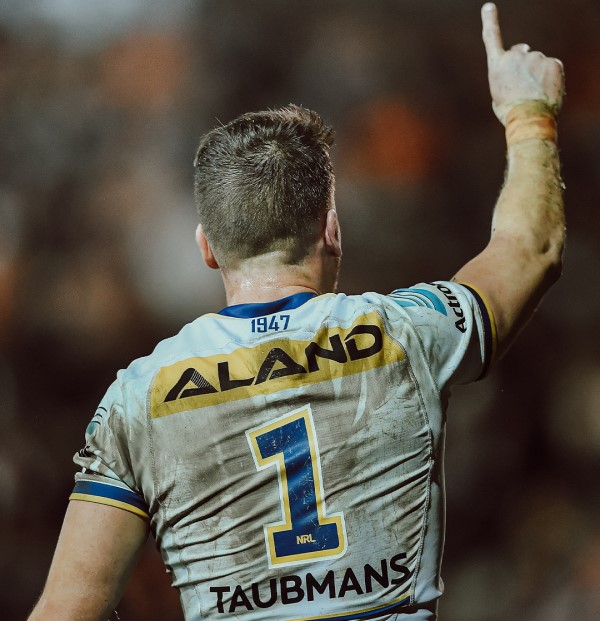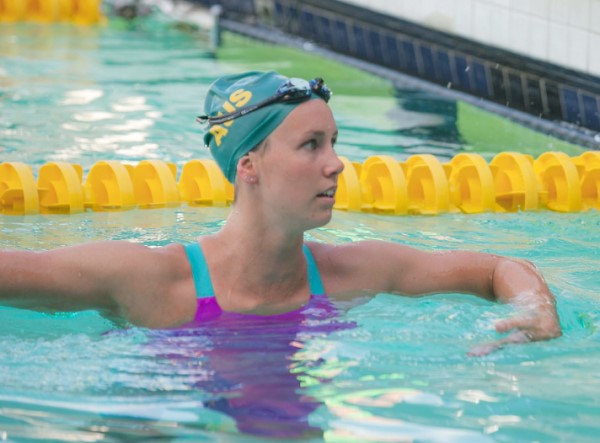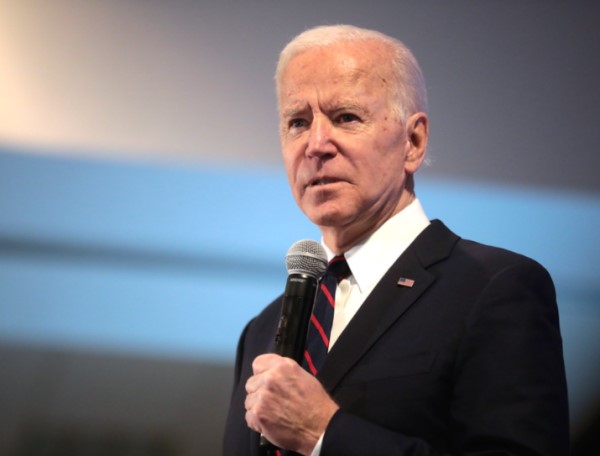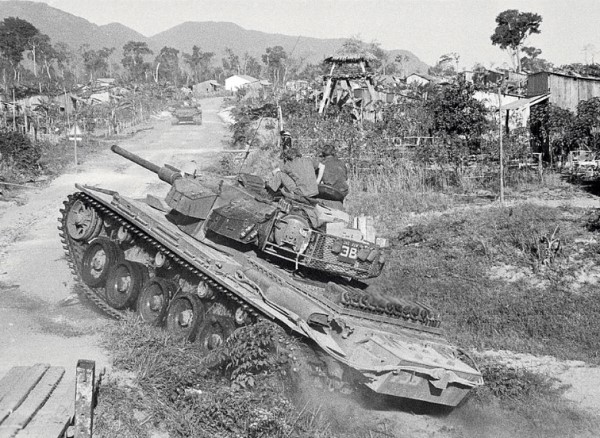Selected
- Details
- Written by Grant Broadcasters
- Category: Selected
- Hits: 226

Proud Parramatta coach Brad Arthur claims he never doubted his son Jake's ability to brush off trolls and star in his next big opportunity at the Eels.
Arthur enjoyed a big second half in Friday night's 36-20 victory over Manly, setting up two tries in the final 25 minutes after the Eels had trailed 20-14.
The win moved Parramatta closer to the top-four race, with a crucial final month of the regular season ahead for the Eels.
But for the 19-year-old half it also would have meant so much more.
The subject of jeers from so-called Parramatta fans in his last game for the club a fortnight ago, Arthur had easily his best night in the NRL on Friday.
His first assist came from a nicely-placed harbour-bridge ball to Waqa Blake, before he put the game beyond doubt by grubber-kicking for Tom Opacic.
"Regardless of what happened tonight, I know his character and I knew he would handle it," Brad Arthur said.
"I am proud of him regardless. He is my son.
"But that's just his character. He doesn't let things bother him.
"I thought his halves partner did a really good job. He stepped up tonight, which allowed Jake a bit more freedom and a bit more time to get into the game."
The Eels are unsure when they will have Moses back after surgery on his finger, but there is some hope he could return a fortnight before the finals.
Parramatta have South Sydney, Canterbury, Brisbane and Melbourne on the run home, potentially needing to win all four to make the top four.
But in Moses' absence, they showed their attack can still fire.
Arthur aside, Clint Gutherson was brilliant as he set up three first-half tries and scored one of his own after a Shaun Lane offload from within his own end.
Junior Paulo and Reagan Campbell-Gillard continue to be the best front-row pairing in the NRL, completely shifting the match back in the Eels' favour when they returned to the field midway through the second half.
And Dylan Brown was also superb, taking command to dictate play without Moses and also scoring a try of his own late.
"I said to him that it's the best he has stepped up without Mitch there," Arthur said.
"He stepped up as the senior playmaker and let Jake work himself into the game without too much pressure."
© AAP 2022
Image: Parramatta Eels Facebook
- Details
- Written by NSW News
- Category: Selected
- Hits: 248

Emma McKeon has made history securing her 10th Commonwealth Games medal.
She's becomes only the 4th Australian to achieve the rare feat.
The others include Ian Thorpe, Leisel Jones and Susie O'Neill .
McKeon picked up gold this morning in the Women's 4 by 100 Metres Freestyle relay in Birmingham.
Image: JD Lasica/Flickr
- Details
- Written by Grant Broadcasters
- Category: Selected
- Hits: 267

Biden, 79, who emerged from COVID isolation on Wednesday after testing positive on July 21, said he was feeling fine.
He would return to strict isolation and would cancel planned trips to his home in Wilmington and work trip in Michigan, the White House said.
Biden held public events on Wednesday and Thursday, but none on Friday.
The forced isolation came as the White House was hoping to celebrate some recent legislative victories to help boost Biden's slumping poll ratings.
Biden had planned the Michigan trip to tout Thursday's passage of legislation to boost the US semiconductor chips industry.
Biden's positive test is believed to be a "rebound" experienced by some COVID-19 patients who take the anti-viral drug Paxlovid, according to White House physician Kevin O'Connor.
Paxlovid is an antiviral medication from Pfizer that is used to treat high-risk patients, such as older patients.
A small but significant percentage of people who take Paxlovid will suffer a relapse or a rebound that occurs days after the five-day treatment course has ended, studies have shown.
White House officials had previously suggested a rebound case of COVID was unlikely, based on reports of cases around the country.
However, Biden continued to be tested and monitored.
Biden tweeted about his positive case, saying it can happen to a "small minority of folks." He later posted a video on Twitter where he said he was "feeling fine" and "everything's good".
A White House official said contact tracing efforts were under way on Saturday after Biden's positive COVID-19 test.
National Institute of Allergy and Infectious Diseases Director Dr. Anthony Fauci also experienced rebound COVID-19.
His symptoms got worse when they returned after treatment, and his doctors prescribed another course of Paxlovid.
O'Connor said Biden tested negative for the past four days, and there was no plan to re-initiate treatment given his lack of symptoms.
© RAW 2022
Image: Gage Skidmore/Flickr
- Details
- Written by Grant Broadcasters
- Category: Selected
- Hits: 246

A miscommunication over paperwork for the 2004 visit meant he was held up at gunpoint by officials and thrown in jail.
"When I came back to Australia, I had 14 days of nightmares," McKay tells AAP.
"My bed would be soaked with sweat, I'd be yelling and carrying on. I'd have the most terrible nightmares - not to do with what happened to me, but I would be killing people with knives. It was just awful."
McKay tried self-medicating "with beer and rum", but when that wasn't working he sought help from the Vietnam Veterans Counselling Service, now known as Open Arms.
"They taught me how to deal with flashbacks. It wasn't easy, but we got there," he says.
Today marks the 60-year anniversary of Australia's involvement in the Vietnam War with the arrival of Colonel F.P. Serong to lead a contingent of advisors.
An Australian battalion joined the war in 1965 and a task force was deployed the following year after the introduction of conscription.
The war would become the century's longest-running conflict in which Australian forces participated.
McKay was a 15-year-old high school student in his native Perth at the time of Serong's deployment with "more important things to worry about, like footy and surfing".
"I didn't even know which side of the equator Vietnam was on," he says.
But a few years later, while working as a trainee computer programmer in Sydney, McKay was conscripted, fast-tracked through officer training and put on a boat to Vietnam to lead a platoon of 35 men. He wasn't even 21.
"It was the first time I had ever been in a Chinook (helicopter). As soon as you got in that chopper and started flying off you realised you were in a war zone, because everything was littered with bomb craters ... everywhere you looked there were people with weapons," he says.
"It was confronting, we were in the deep end."
He would lead daily 10km patrols with each of his men carrying between 25 and 30kg of supplies with one objective, "To find the enemy and kill him."
"Stealth was the operative word - you had to be quiet. We wore facial camouflage, sleeves down, we didn't have camouflage uniforms in those days - they were green, but they'd go dark because of the sweat."
McKay was awarded the Military Cross for his involvement in the Battle of Nui Le, during which he was shot twice, shattering his left shoulder.
"I spent about a year in hospital - which is why I always get pissed off when I watch cops and robbers movies and someone gets a .45 in the shoulder and the next day they just have their arm in a sling," he says with a wry laugh.
From 1962 to 1973, about 60,000 Australians served in defence of South Vietnam. More than 3000 were wounded and 521 killed during the conflict.
It may be nearly 50 years since the war ended, but in some ways the survivors never really left, McKay says.
"We send people into an abnormal environment where they're trying to kill each other, and then when they come back they expect them to just assimilate into society. That just doesn't happen," he says.
"In close-quarter combat you see and hear and smell things you really don't want to, and those images are etched in your brain permanently."
When the soldiers did return, those who had been conscripted were given discharge papers and sent home without so much as a debrief, he says. And their homecoming wasn't always welcome.
The sentiment towards returning servicemen could be "nasty" because of people's opposition to Australia's involvement in the war, he says. Soldiers were easier targets than politicians.
A decade after he returned from Vietnam, McKay and his sergeant met at a funeral and discussed the fact that some of their platoon were not doing so well.
They organised a reunion, which has now been happening regularly for 30 years.
"It has proved worthwhile. We get together, tell lies, drink a reasonable amount of beer," he laughs.
"We have a great time and it allows them to be in contact with each other and help each other. Six of the platoon have died and we go to the funerals and support each other. If someone's having a hard time we reach out."
McKay, who went on to become a colonel and also learned Vietnamese, visits the formerly war-torn country regularly.
He leads tour groups with Mat McLachlan Battlefield Tours and has written books about his life as a soldier and beyond.
He's even become friends with some of his former enemies. They play tennis together, have a few beers and celebrate the fact they're still alive.
"There's no anger. We were just blokes doing their job. The shame of it was, we shouldn't have been there," says McKay.
© AAP 2022
Image: Manhai/Flickr
Page 16 of 191